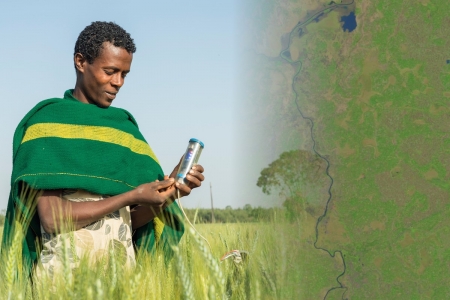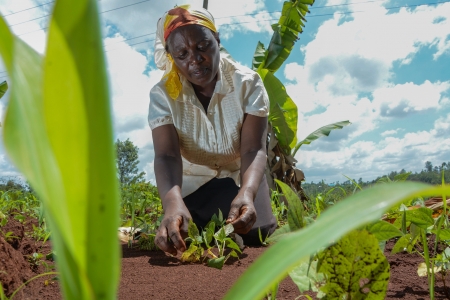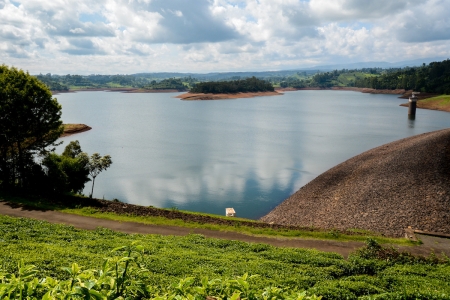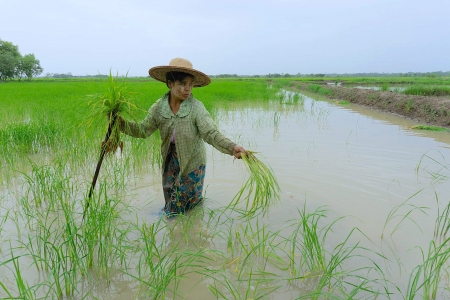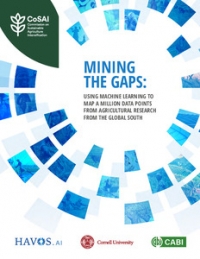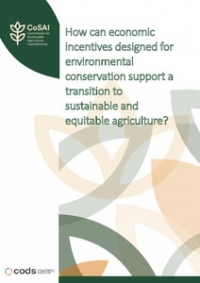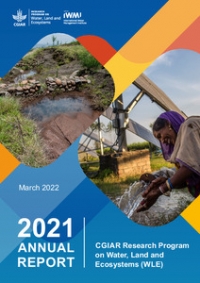The project on developing a Decision Analytic Framework to explore the water-energy-food NExus (DAFNE) recently concluded after four years. During this time, the project has yielded several key outcomes and lessons. Drawing on the expertise of a consortium of nearly twenty European and African regional partners, several key areas were examined to understand the water-energy-food (WEF) nexus in the critical Omo-Turkana and Zambezi Basins. These include determining drivers and indicators for ecosystem change in the two basins, analysis and modelling of the nexus, socio economic modelling and developing the decision analytic framework.
Among the notable achievements of the DAFNE project is the Decision Analytic Framework (DAF), which quantitatively assesses the social, economic and environmental impacts of alternative planning options in complex trans-boundary river basins. Through Negotiation Simulations Labs (NSL) – interactive stakeholder workshops - scenarios were developed and tested in the DAF. This participatory approach was supported by a set of knowledge visualisation tools developed in the project, to enable navigation through the complex quantitative modelling process. Further, a water governance modelling framework was developed to analyse the legal and policy framework within both the Omo-Turkana and Zambezi River Basins. This model has served to illustrate the key principles which are utilised within the basins, and has highlighted legal, policy and institutional gaps, allowing for recommendations for future cooperative pathways. With planned expansion of hydropower production and increased irrigated agriculture in the two basins, the tools developed through the project will be key to balancing the competing demands of the WEF nexus.
Despite the tremendous progress, there remain at least two key points to take forward. First, for good reason the WEF Nexus is a far more crowded space than when the project began. There is therefore need to situate the DAFNE approach in this space. Second, there is a need for continued engagement with local stakeholders to ensure progress made in the project is sustained. There is indeed a strong desire among stakeholders to operationalise the WEF nexus and the DAF, and more broadly to embed the tools among WEF nexus practitioners in the two basins. In the project’s final months, Covid-19 restrictions have undoubtedly imposed constraints on stakeholder engagement and uptake. Nonetheless, the spread of Covid-19 has reinforced the need for realizing the greater resilience that can be achieved though WEF nexus approaches.
The DAFNE project is implemented by a consortium of partners led by ETH Zürich.

